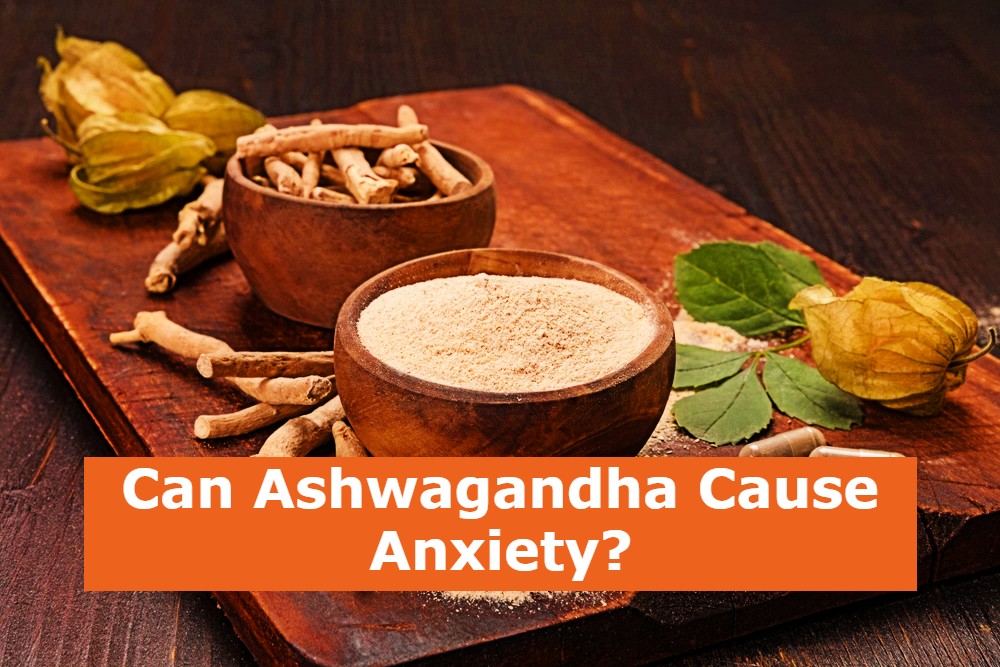If you have suffered from chronic stress or anxiety, you may wonder if Ashwagandha can help you. This herb is known for its stress-reducing properties, and has been used in Indian and Ayurvedic medicine for thousands of years. It can help with nerves, balance, and energy levels, among other things. While there are no definitive studies, ashwagandha has been shown to be safe in some cases. However, if you are considering taking it, make sure you talk to your doctor about it.
Some people have reported negative side effects, including irritability, nausea, and vomiting. For these reasons, ashwagandha is not recommended for pregnant women. You should also avoid consuming it if you are breastfeeding. In addition, you should not take ashwagandha if you are experiencing low blood sugar. When your blood sugar drops, your heart rate increases and your anxiety and nervousness intensify.
There are a number of different mechanisms by which ashwagandha can affect anxiety, though one of the main drivers of its effects is its effect on blood sugar. When your body’s blood sugar is low, your brain becomes more susceptible to methylation cycles, which lead to a spike in anxiety. By counteracting these cycles, ashwagandha might be able to ease the symptoms of anxiety.
Some studies have found that ashwagandha helps reduce anxiety and stress, particularly when taken in conjunction with anti-depressant medications. Other studies have found that ashwagandha can improve cognitive functioning in some populations. Although more research is needed, these studies have suggested that ashwagandha may help with depression, insomnia, and other mental health issues.
Several studies have also been done on animals to investigate if Ashwagandha can reduce stress. These studies have indicated that it has a positive effect on the hypothalamic-pituitary-adrenal (HPA) axis, a central system that regulates the body’s response to stress. Specifically, ashwagandha has been found to lower cortisol, a hormone that is associated with the release of stress-causing hormones.
One study on Ashwagandha in 2019 found that it helped to lower cortisol levels. Using a high-concentration full-spectrum extract, the researchers tested the herb’s ability to reduce stress in adults who were under chronic stress. The subjects were given 240 milligrams of the drug daily for 60 days. They also underwent relevant laboratory tests and clinical examinations. The group using the drug treatment showed a reduction in cortisol and depression scores. The group using the placebo showed a small increase in the anxiety subset.
Another study published in 2012 suggested that ashwagandha could help reduce anxiety. In this study, the group receiving 240 milligrams of ashwagandha a day experienced a significant decrease in cortisol levels. This was especially true in the morning, when the levels were at their highest.
While ashwagandha is commonly used to treat stress and anxiety, there are still some concerns about its side effects. Those who are interested in using it should be aware that it can cause drowsiness and dizziness, and it can cause a rapid drop in blood pressure. Taking it in larger amounts, such as the dosage recommended by some supplement companies, has not been studied in the long term.
